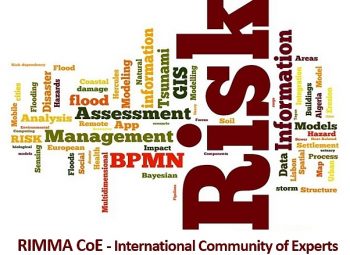How to Measure Disasters' Impact on Supply Chains
On January 9, 2024, a major storm system hit Rhode Island, prompting a federal disaster declaration in four counties in the state. Rhode Island was officially classified as a FEMA Declared Disaster on March 20, 2024.
By mid-April of that year, 882 applications were approved for $4.1 million in FEMA assistance, including housing grants and other storm-related expenses, from transportation to childcare.
The U.S. Census Bureau’s Census Business Builder (CBB) is a great resource that can help identify vulnerable communities and economic sectors that would benefit from the allocation of emergency funds in the event of a disaster.
The CBB provides the economic and demographic details of any area impacted by a disaster, including potential disruption to supply chains in affected areas — a valuable tool during hurricane season. The Atlantic hurricane season in the United States runs from June 1 to November 30 each year.
learn more about:
- Analyzing the economic and human impact of disasters
- Population demographics of the Rhode Island disaster area
- The socioeconomic profile of the area
https://www.census.gov/library/stories/2024/08/measure-disasters-impact.html
